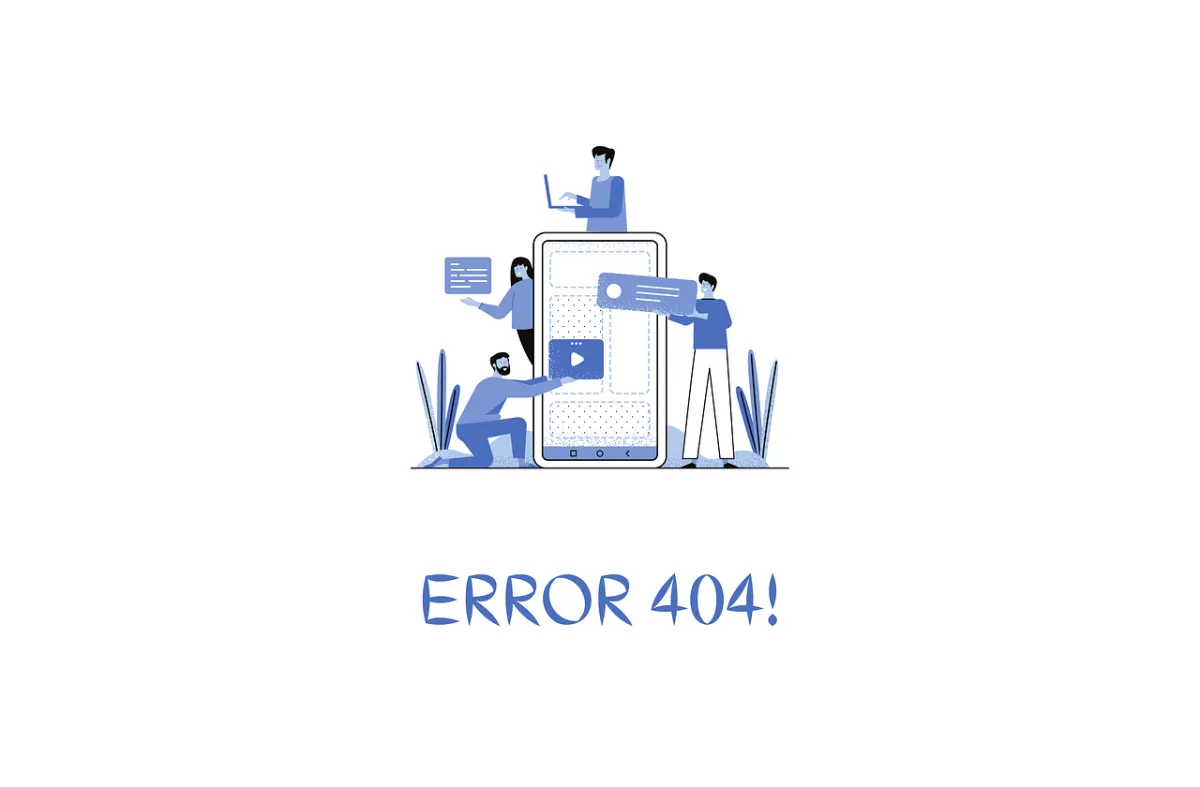
Unfortunately, the page you are looking for is not available.

Please contact us with any questions.
© 2025 Advanced Global MSP Coaching | ALL RIGHTS RESERVED | Privacy Policy


Please contact us with any questions.
© 2025 Advanced Global MSP Coaching | ALL RIGHTS RESERVED | Privacy Policy